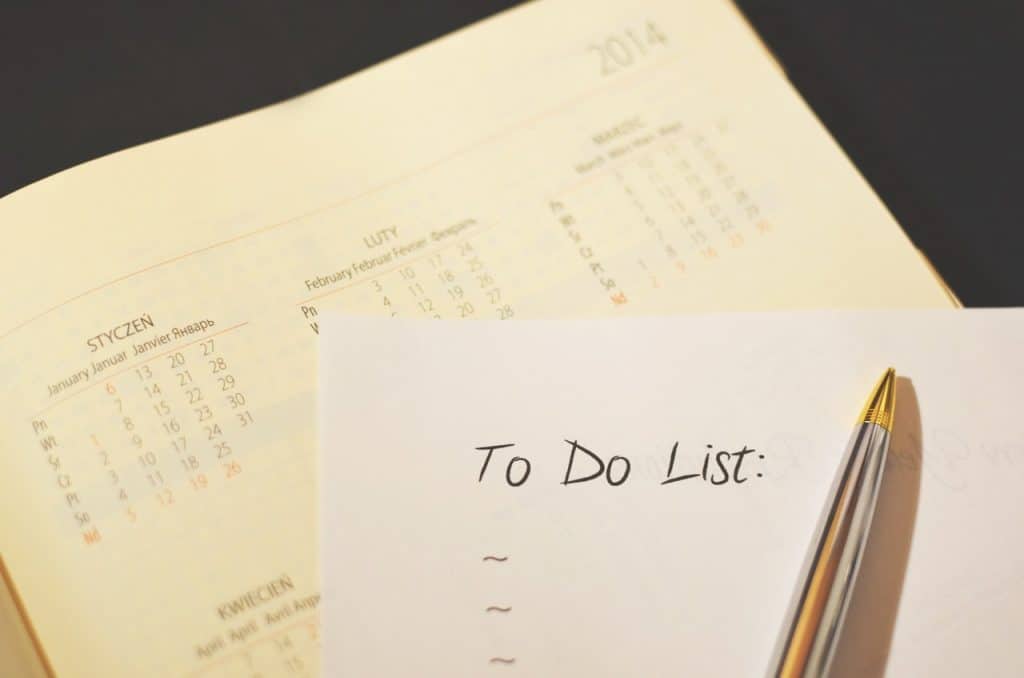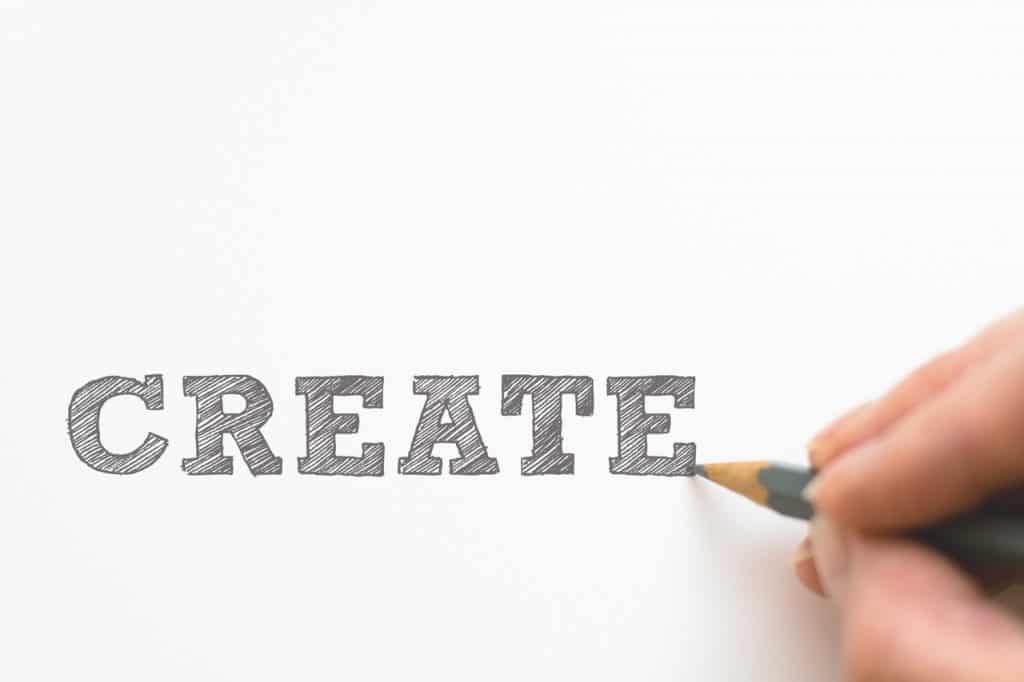Last year, Audentity Records gave me the opportunity to release a sample pack on their label. I set myself the challenge of writing the entire pack in 3 days. Not only did I accomplish this goal, the pack reached #1 on Beatport Sounds, a testament to the quality of the release.
Let’s look at how I was able to achieve this, breaking down as much of the process for you to steal and apply to your own productions and career.
Clearly defined goals
In some areas of life, setting goals is simple.
What’s your goal with school? To get good grades.
What’s your goal with fitness? To lose (or gain) weight.
When it comes to music production, setting goals is difficult. For many of you reading this, your goal is to be “successful” and make a living off music.
In reality, this takes several years of dedicated practice.
You don’t enter your DAW, start a new project and say to yourself, “my goal with this project is to write a song so good it will allow me to tour and play shows 3 years from now.”
That’s a lofty and ridiculous goal. It puts too much pressure on the creative process.
Unfortunately, most people go too far the other way. They don’t set any goal at all. They sit down to just “make music” and that’s it.
Now, if that’s you—your musical output is high, you’re happy with where you’re heading—then that’s fine. Keep doing what you’re doing.
But if you’re losing motivation and you’re abandoning everything you finish, it’s because you’re not setting clearly defined goals.
What’s the difference between goals vs. clearly defined goals?
- Goal: Write an EP
- Clearly Defined Goal: In 30 days, write a 5-song House EP featuring 2 collabs and 2 original vocalists
When I was offered the opportunity to create this sample pack, my goal was simple:
Write 10 Future Bass songs (at least 2:30 long) using original samples and presets.
Having set a clearly defined goal, my job was simple. At any point during the creation of the sample pack, I could ask myself whether or not I was moving towards my goal.
This helped me stay in line. It kept me focused and productive throughout my work on the project.
Prepare and plan for production

The main reason I was able to finish this project in three days?
I was prepared.
Before I wrote the first song, I spent hours preparing everything I could to help make the writing process as simple and productive as possible.
Here’s what I did:
- Created and prepared my drum samples, presets, and effects
- Researched and studied popular Future Bass songs
- Create a space where I could work uninterrupted for 3 days
Let’s look at each of these in detail…
File & folder preparation
The sample pack had to be 100% royalty free (no surprises there). I had to design all sounds from scratch.
I spent the first few hours designing drums (kicks, snares, hats), presets (leads, basses, plucks), and effects (fills, risers, downlifters).
Once I began writing the songs, sample selection was the easiest part. When I needed a kick, I just grabbed one of the ten I made. When I needed a bass, I grabbed one of the few presets I made and tweaked it to fit the song.
This made my job simpler. I didn’t waste time finding the right samples. I chose one of mine, and modified it to fit the song (if necessary).
Research & study
Before working on the pack, I hadn’t listened to much future bass. I didn’t know where to start.
This meant research.
To save time, I had 5 of my friends send me their favorite Future Bass tracks. For each track, I studied the arrangement, composition, sound design and mixing until I had a good understanding of the core elements in a Future Bass track.
Created a space for insane productivity
This one was tough.
I rarely get this luxury. I’m sure the same applies for you.
I knew that if I wanted to finish this pack in three days, I would need to dedicate as much time as I could, removing all distractions.
To reserve the space, I told my roommates about the project and asked them to leave me be for the next three days.
To remove distractions, I turned my wifi and phone off for three days (yes, that was tough but needed).
To remove excuses, I took care of all the little stuff like grocery shopping and laundry. I didn’t want to give myself any reason to stop writing.
With all of these in place, I had no choice but to work on the project. There was no other option.
Tick tock…
Let’s do some math, shall we?
(I’m sorry, I know that’s not why you’re here…)
I needed to make 10, 2:30 long Future Bass songs in three days (an album’s worth of music).
Let’s assume I work 12 hours a day. 36 hours in total.
Take away 6 hours for pre-production and bathroom breaks—that leaves 30 hours.
30 hours. 10 tracks.
Math.
This leaves me with 3 hours per track.
While this was extremely intimidating, it meant that I couldn’t waste any time while producing. If I spent 45 minutes tweaking the chord progression of a song, I wouldn’t be able to finish it in 3 hours.
I had to keep making sure that what I was doing in the project actually mattered. I couldn’t afford to waste any time.
With that in mind, I had a time limit set for each track. I set a timer at the 1, 2, and 3 hour marks so I could keep track of how much progress I was making and adjust as needed.
The power of artificial restrictions
Why did I choose to make the sample pack in just 3 days?
To see if I could.
The time restriction was completely artificial. I decided on a difficult but realistic time period in which I could finish the project. Without it, I could have spent weeks and weeks on it.
It’s essential that you set these restrictions for yourself.
This might look like:
- Set a time limit to finish a track (e.g., two days)
- Set a time limit to finish one small task (e.g., fix the lead sound in 20 minutes)
- Limit yourself to using only one third party VST
We need these restrictions in place to push ourselves. They help us remain in the growth zone and get in flow.
Without them, we can procrastinate for hours on end.
You can always lift these restrictions layer. Don’t worry about committing to them for life. Treat your project as an experiment. See what happens.

